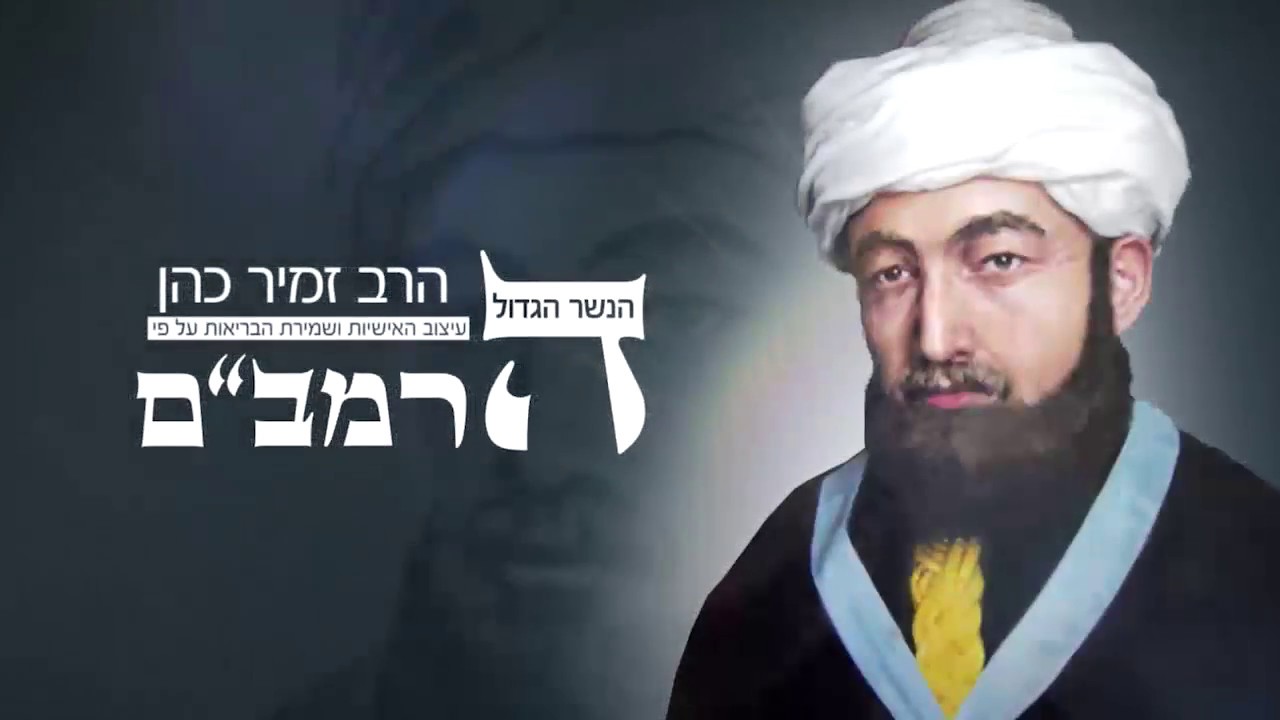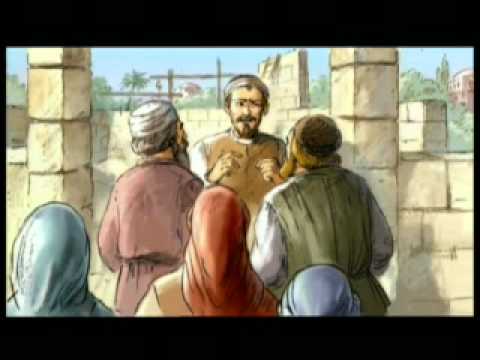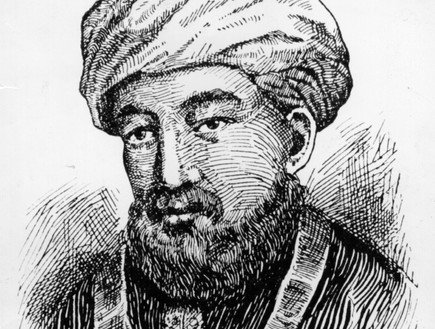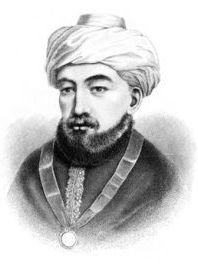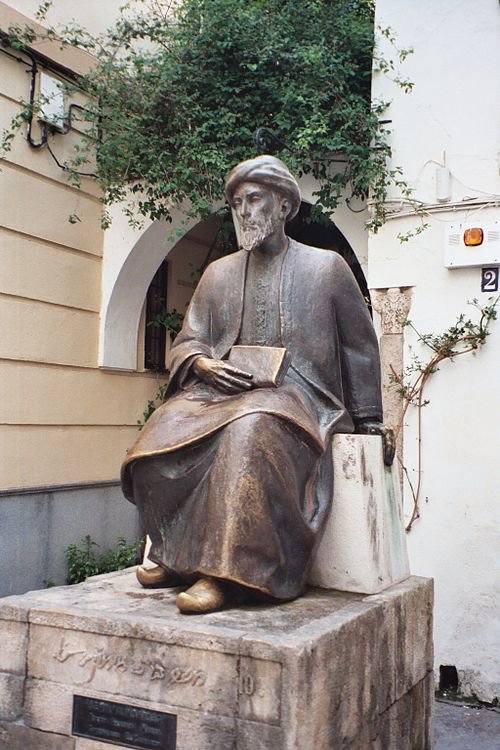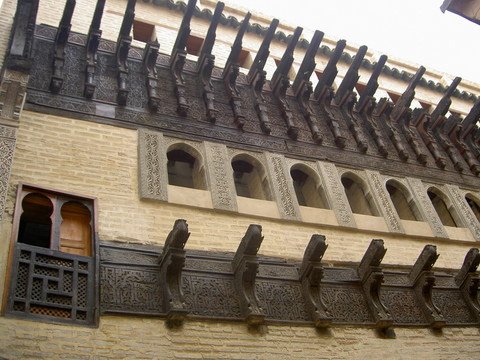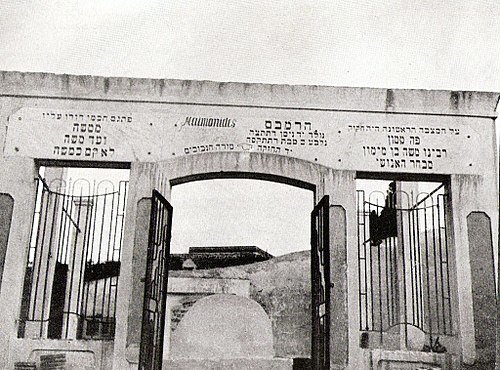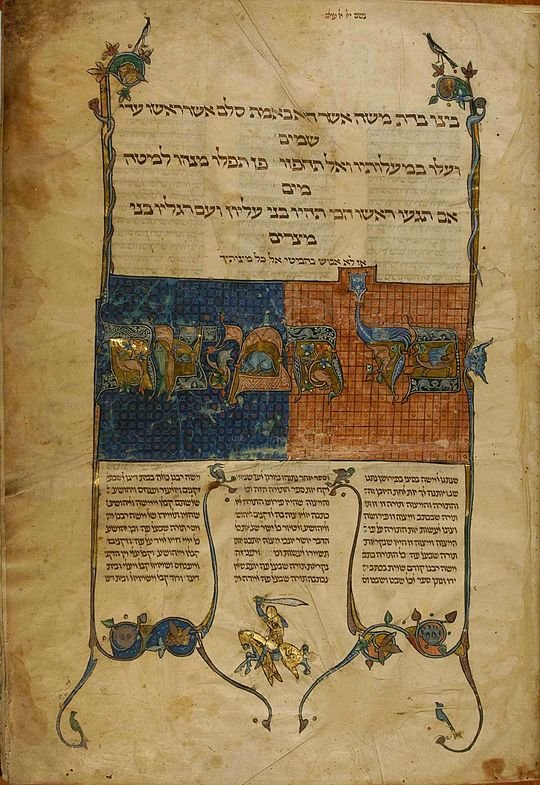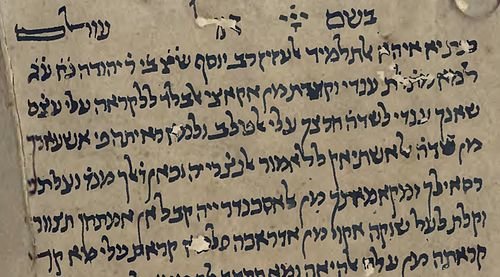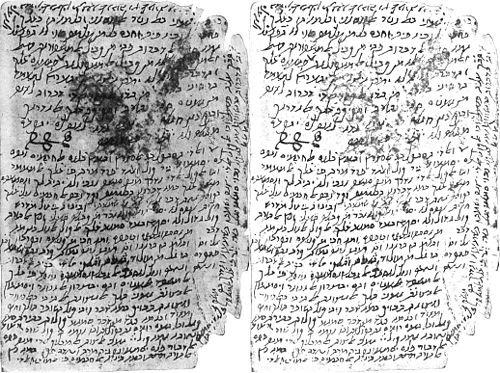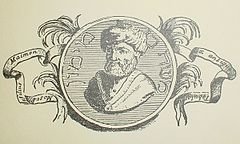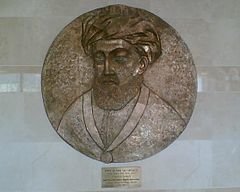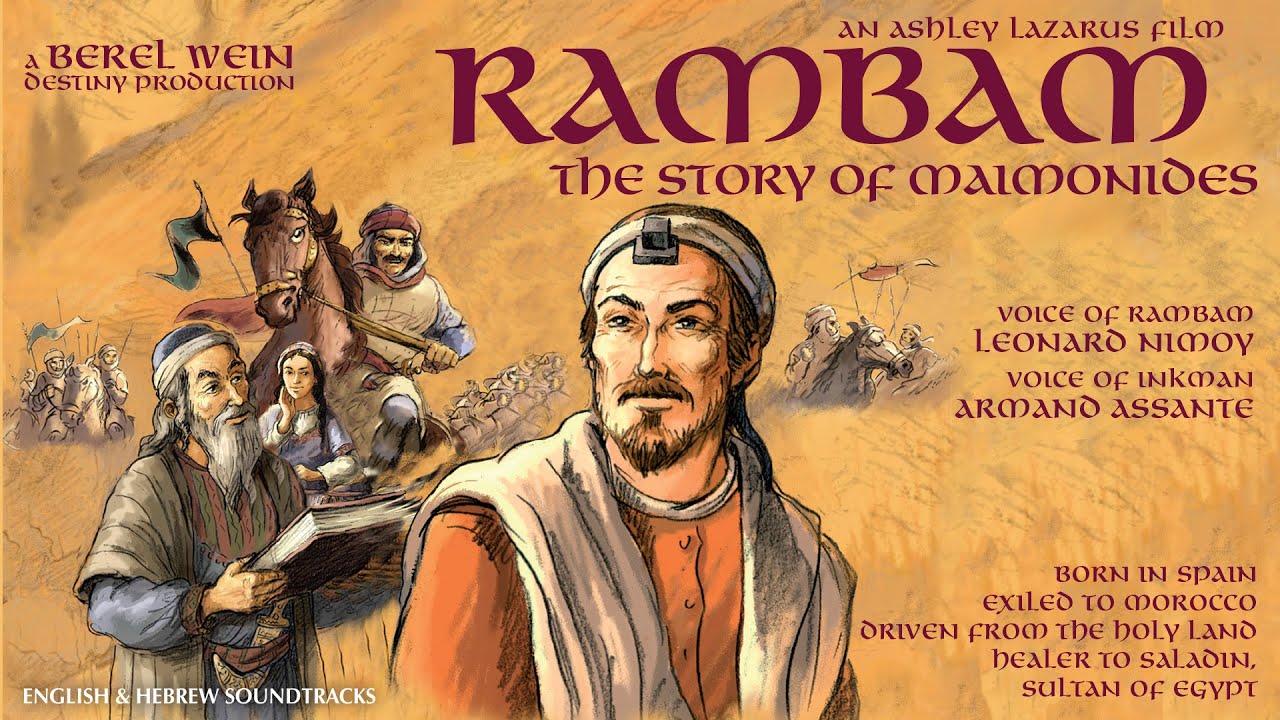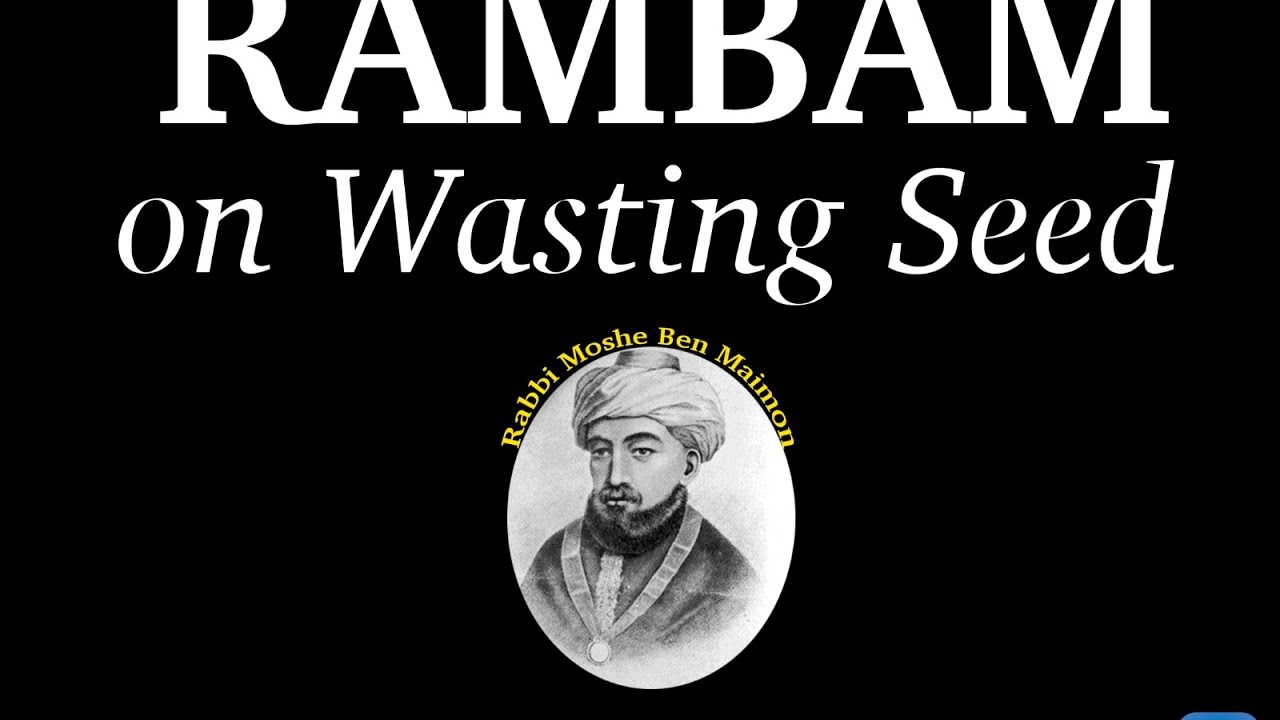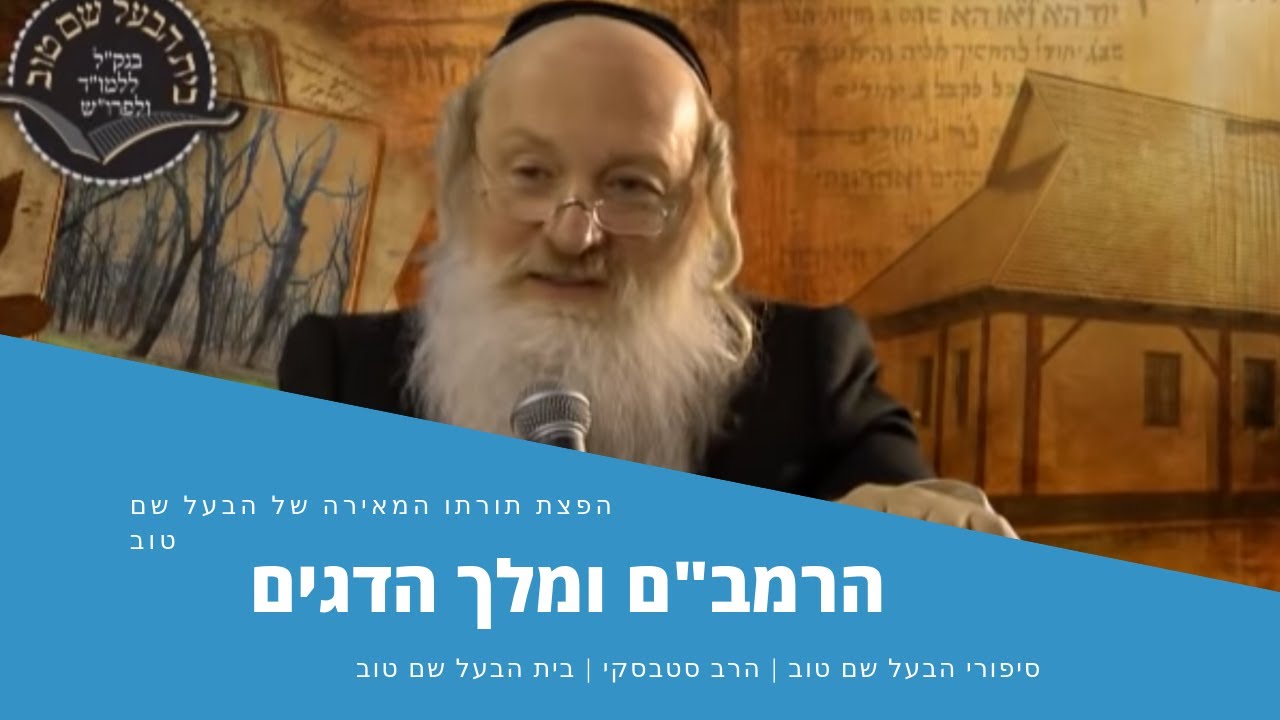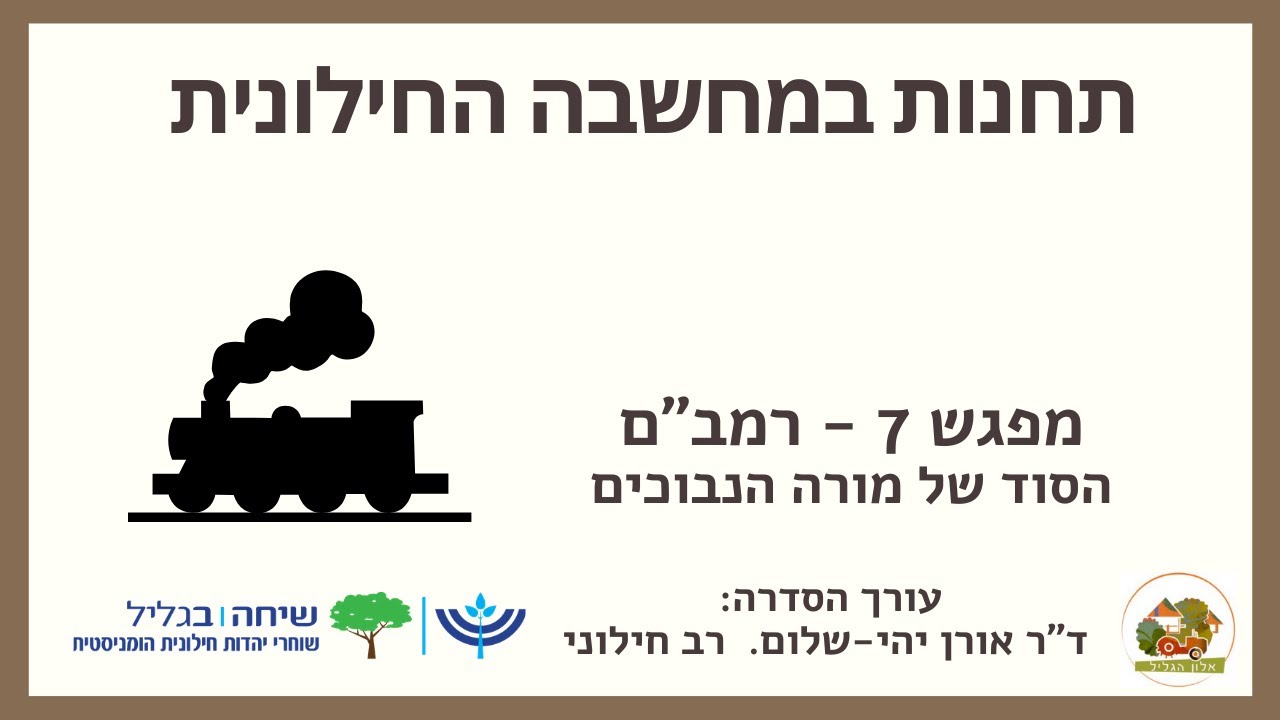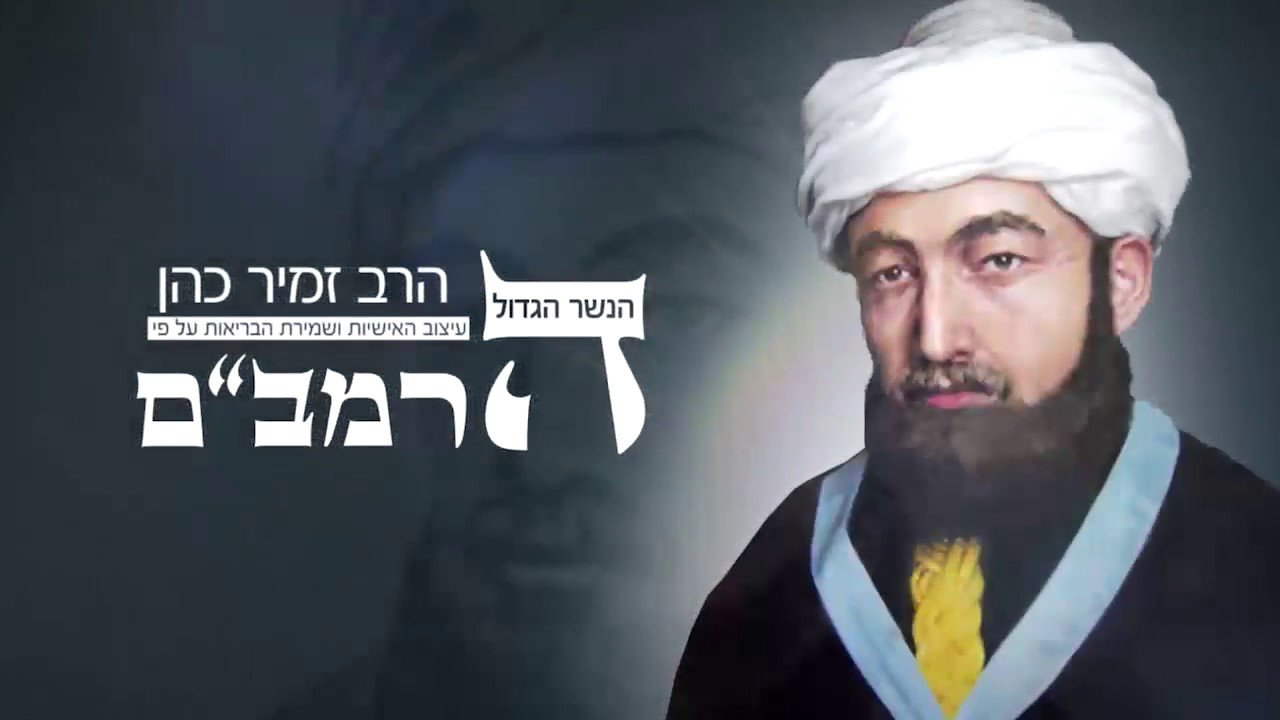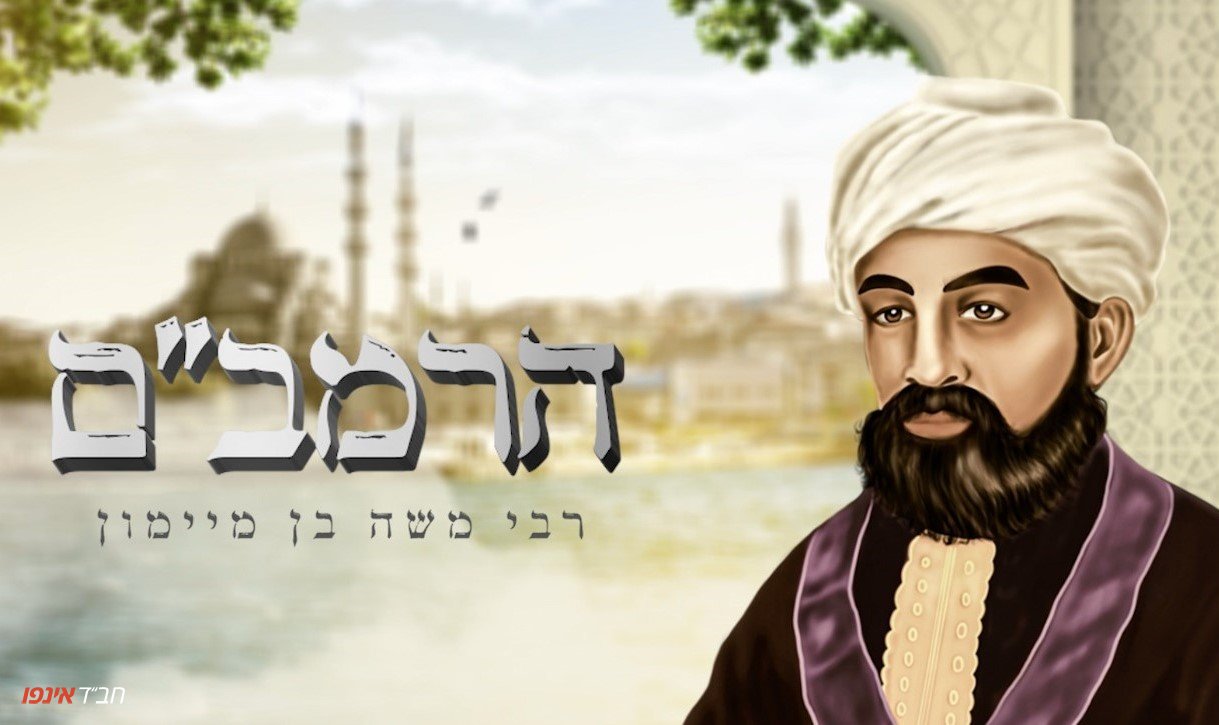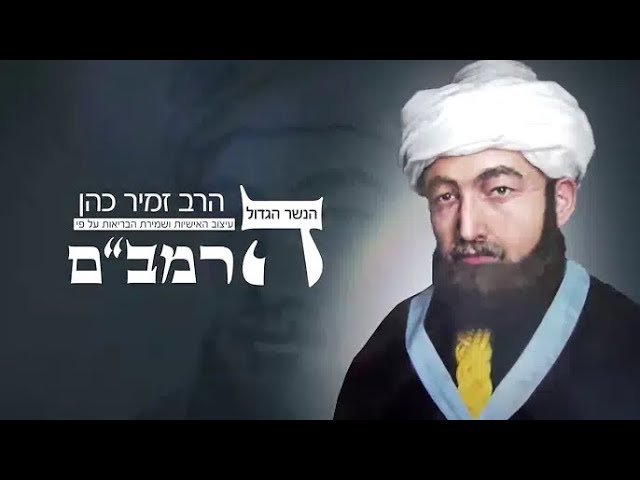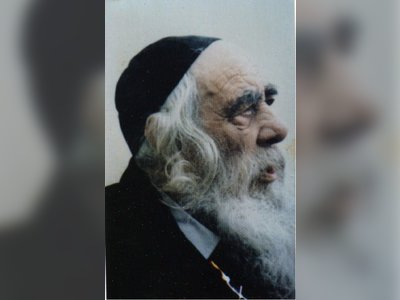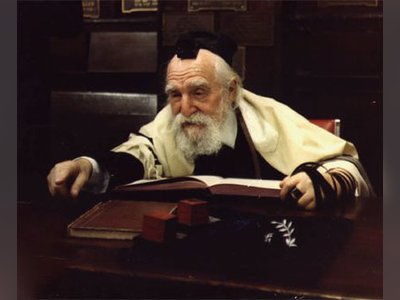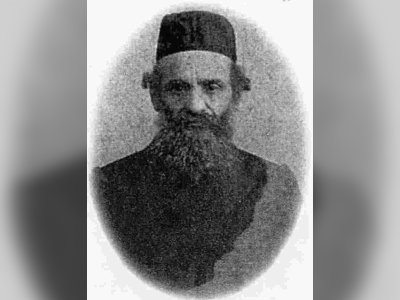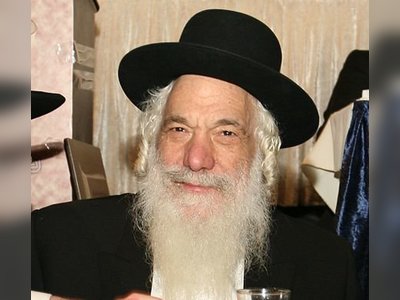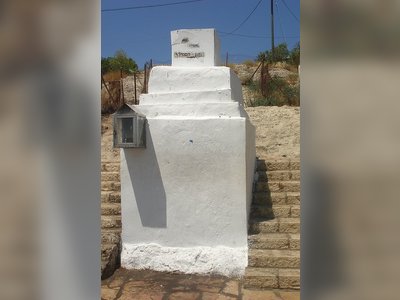מורשת גדולי האומה
בזכותם קיים
beta
Rambam: The Life and Legacy of Rabbi Moses Maimonides
Rabbi Moses ben Maimon, also known by the acronym Rambam (רמב"ם), was a towering figure in Jewish history. Born in 1138 and passing away on the 13th of December 1204, he left an indelible mark on Jewish culture and philosophy. Known as Musa bin Maimon in Arabic or Avn Avdallah in Hebrew, and referred to as Maimonides in European languages, he was a scholar, philosopher, and physician. His influence extended far beyond the Jewish community, impacting both Arab and European cultures, including notable figures like Thomas Aquinas and Gottfried Leibniz.
Philosopher and Rationalist
Rambam held a distinctive rationalist approach, which is evident in his writings. His works have profoundly influenced nearly every Jewish thinker who followed him, including Baruch Spinoza, Abraham ibn Ezra, and Isaiah Lévyovitch. He was recognized not only as a philosopher but also as a physician in Arab and European societies, further extending his influence to non-Jewish scholars.
His book "The Guide for the Perplexed" had such a significant impact that it prompted Pope Honorius IV to write a defense of Catholicism in response.
Early Life
Rambam was born in Cordoba, Andalusia (Spain), to Rabbi Maimon the Dayan, who served as a judge in the local Jewish community. There are conflicting accounts of his birthdate. In the conclusion of his commentary on the Mishnah, he states, "I am Moses, son of Maimon the Judge... I began to compose this work when I was thirteen years old, and I completed it in Egypt when I was thirty years old, in the year 4965 (1165 in the Christian calendar)." If he completed the work at the age of thirty, he must have been born in 1135. However, the dating in his grandson Rabbi David HaNagid's letter suggests a birthdate of 1138. Today, many scholars prefer the latter date.
Name and Heritage
His family was known as "Ibn Abdallah" in Arabic, named after the first known ancestor, Rabbi Ovadia Dayan Cordoba. Some even trace his lineage back to King David through Rabbi Judah the Prince, the author of the Mishnah. There were seven generations between Rambam and Rabbi Ovadia Dayan Cordoba.
In Arabic, he is known as Musa bin Maimon, and his full Arabic name is Abu Imran Musa bin Maimon bin Abdallah al-Qurtubi al-Israili (Moses, son of Maimon, son of Abdallah the Cordovan, the Israelite). In European languages, he is commonly referred to as Maimonides, influenced by the way his name was written in Greek: Μωησής Μαϊμονίδης (Moesis Maimonides). Jewish scholars sometimes referred to him as Maistre Moïse de Géonète.
Early Education and Influences
Rambam's early education and intellectual development were heavily influenced by his father, Rabbi Maimon, who had a significant impact on his religious thought. He also studied under the brilliant Rabbi Joseph ibn Migash, who served as a judge in Cordoba. Rabbi Joseph ibn Migash was so highly regarded that Rambam referred to him as "a man whose heart in the Talmud was very tough to anyone who tried to fathom its depths, and his intellect was deep in pondering, to the point that it is almost said of him, 'There was none like him before or after.'"
Despite his admiration for his teachers, Rambam was not hesitant to engage in spirited halachic debates with them when necessary. He also studied the works of Rabbi Samuel ben Hofni Gaon, which had a significant influence on his thinking.
Rambam's insatiable thirst for knowledge led him to forge a close friendship with Ibn Abi al-Asha'ir, a Muslim scholar. Together, they studied mathematics, medicine, and philosophy. These studies, combined with his deep immersion in Jewish texts, earned Rambam a reputation for excellence.
Journey to Egypt
In 1148, when he was around ten or thirteen years old, Rambam and his family were forced to leave Cordoba due to the invasion of the Almohads, a North African Muslim dynasty that persecuted the Jews in the region. After a decade of wandering, they attempted to settle in Fostat (present-day Cairo, Egypt). However, their stay there was short-lived due to the Almohads' expanding influence.
Some sources suggest that during this time, Rambam was compelled to outwardly embrace Islam as a protective measure. He is believed to have recited the Shahada, the Islamic declaration of faith, publicly. While the exact circumstances are debated among historians, it is clear that this was a difficult period for Rambam.
Historians like Ibn al-Kuftiyya also recount that Rambam was required to recite the Shehada, the Islamic declaration of faith, and engage in Islamic practices during this period to protect his life. The circumstances of this period are subject to historical debate. In a letter attributed to Rambam, known as the Iggeret HaShmad (Letter of Apostasy), he mentions allowing the recitation of the Shehada in cases of life-threatening danger.
Life in the Land of Israel
In 1165, Rambam and his family sailed to Acre in the Land of Israel, where they settled. The Jewish community in Acre, at that time, was one of the largest in the region and welcomed Rambam's family with great honor. The leader of Acre's Jewish community, Rabbi Yafet ben Rabbi Eliyahu, established a close friendship with Rambam that would endure through years of correspondence.
Five months after their arrival in Acre, Rambam and his family embarked on a pilgrimage to Jerusalem. They spent three days there before journeying to Hebron, where they prayed at the Cave of the Patriarchs.
Rambam described his visit to the Land of Israel as follows:
"One Saturday night, on the fourth day of Iyar, I entered the sea. On the Sabbath, the tenth day of Iyar, in the year 4965 (1165), a tempestuous sea arose, and I took a vow that if I would be saved from this danger, I would then complete the Mishnah, fasting each Iyar (the month of the incident), and I would mention the day of the danger... And I made my vow to fast two days during that period of tempest, and to study and make a great feast during those two days. And this day is to be a holiday, a day of feasting and gladness in all generations, as a day on which I was saved from drowning. And on the third Saturday of the month of Cheshvan, I left Jerusalem to go to Hebron, to kiss the graves of my forefathers in the Cave..."
It's worth noting that the phrase "the great and holy house" mentioned in Rambam's account has led to debates among scholars. Some interpret it as a reference to the Temple Mount, suggesting that Rambam visited the Western Wall and expressed his desire for the rebuilding of the Holy Temple. However, others believe it refers to the Cave of the Patriarchs in Hebron.
Medical Career
In addition to his rabbinic and philosophical pursuits, Rambam was a skilled physician. He had an extensive knowledge of medicine, which was primarily acquired through personal study and practical experience. He served as a physician to various dignitaries, including the Vizier Al Qadi al-Fadil, and even the Sultan Saladin during his time in Egypt. Rambam's medical writings, particularly his "Kitab al-Fusul," became influential in both the Islamic and Western medical traditions.
Legacy
Rambam's legacy is immense. His contributions to Jewish thought, philosophy, and Halakhah (Jewish law) continue to be studied and revered by scholars and Jewish communities worldwide. His works, such as the "Mishneh Torah" and "The Guide for the Perplexed," remain essential texts in Jewish literature.
Moreover, Rambam's rationalist approach to faith and his emphasis on the compatibility of reason and religion have left a lasting impact on the broader world of philosophy and theology. His influence extends not only to Jewish philosophers but also to thinkers of various religious backgrounds.
Rambam's commitment to the principles of the Torah, along with his openness to engage with the knowledge and culture of his time, serves as a model for how religious faith and intellectual pursuits can coexist harmoniously. His enduring contributions to both Jewish and world intellectual history ensure that his name and teachings will continue to be celebrated and studied for generations to come.
- רמב"ם – ויקיפדיהhe.wikipedia.org
